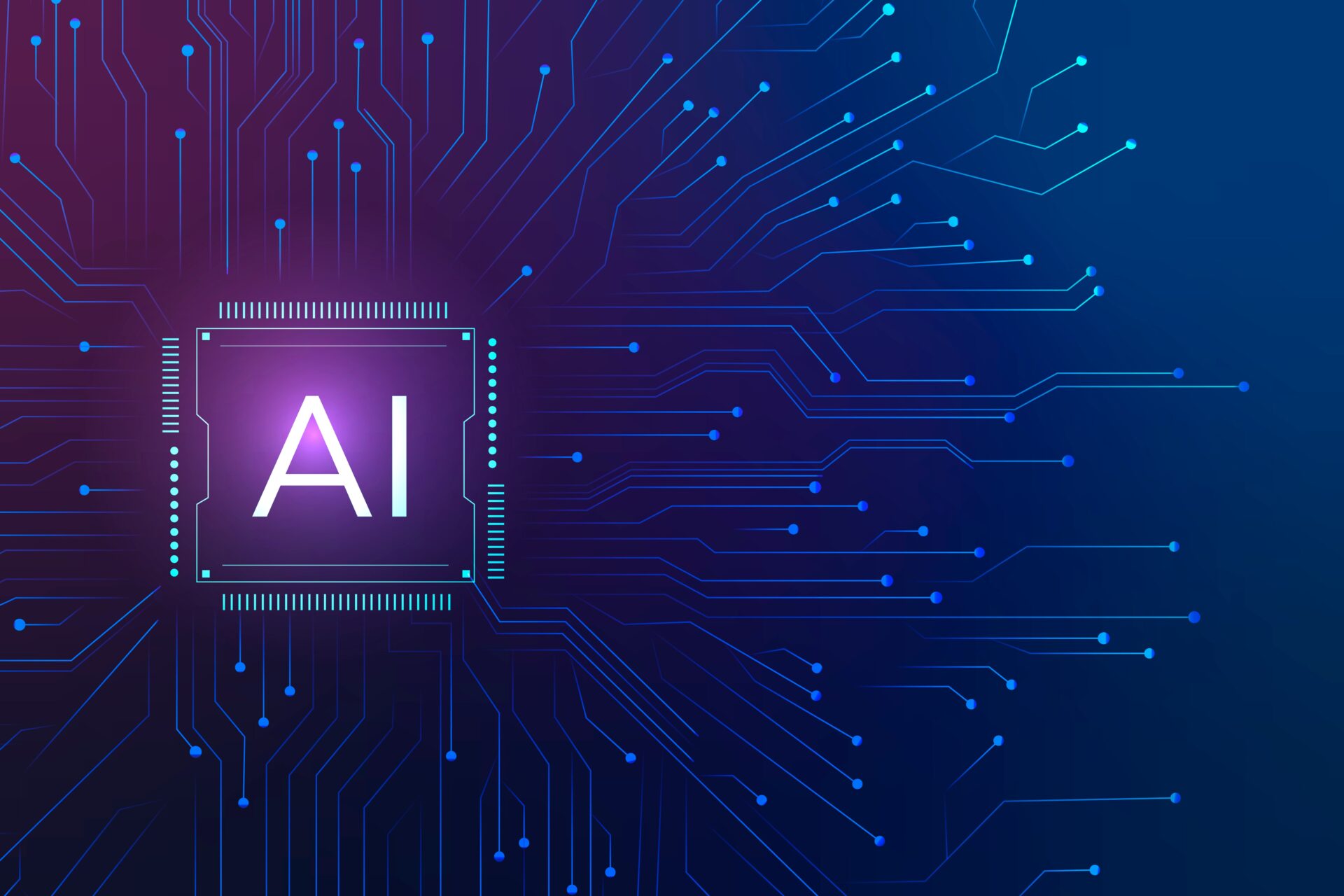THE CULTURAL SECTOR’S RESPONSE TO THE ADOPTION BY THE EU COUNCIL OF THE ARTIFICIAL INTELLIGENCE ACT

The cultural associations representing a wide range of content creators including the news media, television industry, film producers and music publishers (SPIR, Czech Publishers Union, AKTV, AOV, ČNS IFPI, APA) welcome the Czech Republic’s decision to support the Artificial Intelligence Act agreed in the difficult trialogue in December. Although its wording is not ideal from our point of view, it improves to some degree the position of authors and their ability to control how their works are used by generative AI.
The Artificial Intelligence Act (AI Act) presented by the Commission in 2021 is the first fundamental EU legislation on AI. The Czech Republic contributed to its final wording during its Presidency of the Council of the EU. The ambition of the AI Act is to inspire regulation beyond the borders of the European Union. In the last phase, the discussions on the legislation have been significantly influenced by the massive development of generative artificial intelligence such as ChatGPT, which brings some negatives in addition to a number of positive aspects.
The negatives include non-transparency of input (training) data for these generative models, leading to doubts about copyright compliance or bias in the outputs of these applications (e.g. racist or false conclusions). In the current situation, it is impossible for authors of works (text, music, film, photography, etc.) to know whether their work has been used to develop generative models, and they lose control over the use of their works. The agreed text of the AI Act improves their position by emphasising the right of creators to generally decide on the use of their work while requiring transparency of training data, which theoretically allows content creators to enter discussions with generative AI developers about mutually beneficial collaboration.
We also consider it essential that the approach of the responsible regulatory authorities and the implementing regulations ensure real transparency of AI systems, both for users and authors, rather than just leading to formal compliance with obligations. This will be an important (but only the first) step towards striking a balance between intellectual property rights and the development of AI systems. However, this topic requires a comprehensive regulatory approach and further legislative changes, which should be addressed by European legislators without delay.
Finally, we would like to acknowledge the immediate reaction of the European Parliament to the rapid emergence of generative AI and its efforts to set transparent and fair rules for all actors involved in its development and operation. Although the legislation adopted is not perfect - which is understandable given the effort to balance many, often conflicting, requirements and the time constraints - the demands of copyright holders are reflected in the law to some extent. Therefore, we believe in building on the existing open expert communication with the Czech government so that the final application and interpretation practice reflects the experience and expert insight of all stakeholders.



